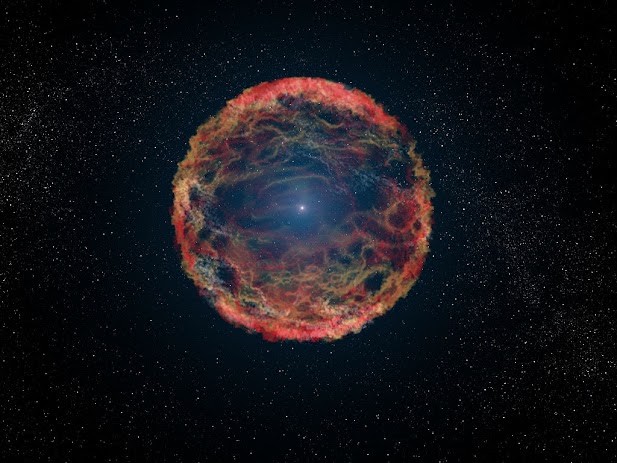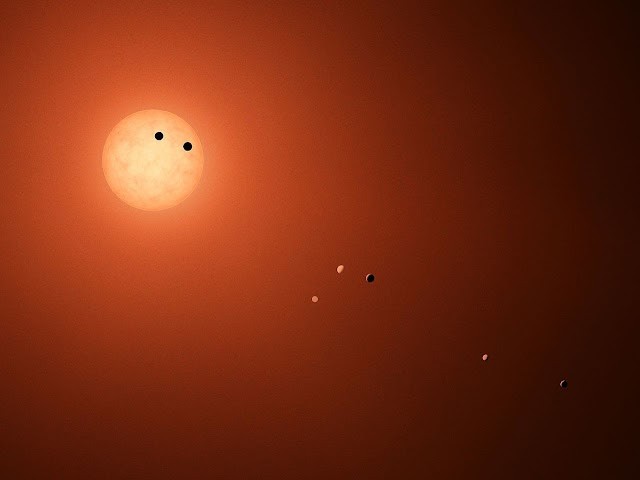According to scientists, all of the key elements of our DNA have now been discovered on meteorites. What exactly does this mean? Simply put, life on Earth might have originated in space.

Over the previous century, space rocks that crashed on our planet Earth included the five basic components of DNA and RNA, scientists reported in Nature Communications on April 26.
.jpg)
Adenine, guanine, cytosine, thymine, and uracil are the five “nucleobases” that, together with a few sugars and phosphates, combine to form the genetic code for all life on Earth.
Scientists believe that these elements either arrived from space or grew on the planet in an early H๏τ soup. The former idea now has further support as a result of these new discoveries.
Adenine and guanine are two of the few chemicals discovered in meteorites since the 1960s, according to experts. Uracil was also detected, although cytosine and thymine remain “elusive,” according to Science News.
NASA’s Goddard Space Flight Center’s Daniel Glavin said that they had “finished the set of all the bases found in DNA, RNA, and life on Earth” and that “they are present in meteorites.”
The work was conducted by Yasuhiro Oba’s team at Hokkaido University in Japan in collaboration with NASA astrochemists. Oba devised a process for gently excavating and separating the various chemical components contained in meteorite dust a few years ago.
Scientists discovered life-creating bases and chemicals in four meteorite samples from Australia, the US state of Kentucky, and the Canadian province of British Columbia using a moderate extraction process that employs cold water rather than acids.
The finding of these chemicals in meteorites suggests that life on Earth as we know it now may have originated by compounds from outer space.
Reference(s): ScienceNews





